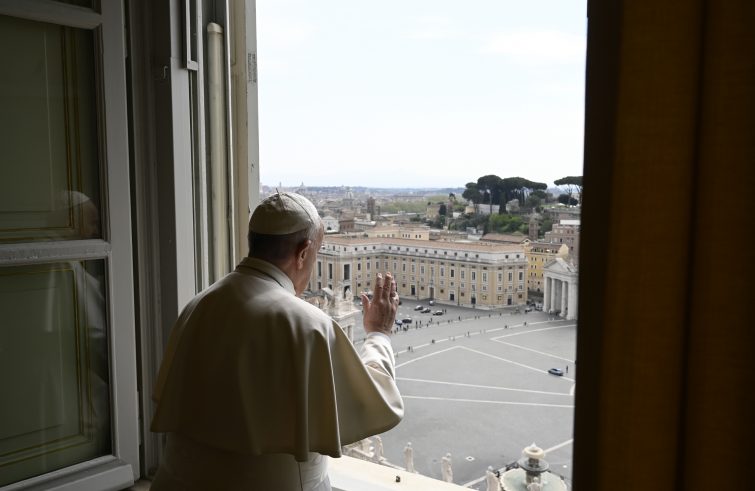
Despite a tragic wake of sorrow and desolation, as well as lies, these days, which correspond to the Eighth of Easter, we are finally starting to look ahead.
Nothing will be as before, everyone is repeating like a mantra. But this means that we must prepare ourselves responsibly. Mindful of the different dimensions of the problem and hence of its solution. One of these is undoubtedly the European Union, that is an essential part of it.
Italy has a very complicated relationship with the Union, resulting from its recent neuroses and weaknesses.
They date back at least a decade, that is, since, along with other EU Countries, Italy suffered the greatest impact of the severe crisis that began in 2007-2008, caused by slowly – but inexorably – accumulated fragilities. Since then, our Country has been in constant toil, despite continuous and inconclusive government reshuffling. We are in toil because we don’t know how to constitute a system.
It is no coincidence that in the passage of his Easter “Urbi et Orbi” message that most directly concerns us from the political point of view, the Pope also mentioned the European Union.
He evoked a long-term perspective, post-war reconstruction, and repeated two words that form a dialectical pair that we Italians know well, because it formed the plot of our history: rivalry/solidarity. We have experienced it for centuries in our domestic fabric: the risk is that it could also mark the course of a divided Union.
Pope Francis went much further in his endorsement (as it is commonly referred to today) of solidarity mechanisms that can also be extended to financial aspects, when he mentioned the need for “innovative solutions.” However, he concluded on a decisive point, namely the need to make decisions inspired not by “particular interests”, but by those of the “next generations.”
Italy is marked by four major aspects: two positive and two problematic ones.
The first is the significant way in which Italians have faced this situation over the past weeks, in spite of everything. The second is the wealth that, once again in spite of everything, that is, in spite of unacceptable growing social and territorial discrepancies, Italians are capitalising on, and which is the object of concupiscence.
The combination of these two major resources clashes against persistent and growing confusion – described as a “babel” by an acute observer such as Marco Olivetti – involving institutional powers, different decision-making and government levels, along with fraying political system and forces, which exacerbates feelings of impotence.
Making these four poles consistent is as complex as squaring the circle. But it’s the only condition to sit at the European decision-making table with the necessary credibility. And thus truly move ahead. Without shifting our neurosis onto others, but acting as key players in our own right, which our citizens are striving for.









